Welcome
I started this blog in 2013 to share my reflections on reading, writing and psychology, along with my journey to become a published novelist. I soon graduated to about twenty book reviews a month and a weekly 99-word story. Ten years later, I've transferred my writing / publication updates to my new website but will continue here with occasional reviews and flash fiction pieces, and maybe the odd personal post.
|
There must be more than six degrees of separation between a boy who attends his oxen in rural Thailand and a contemporary social media influencer in the USA. But the farmer could be one steppingstone between them and the writer a link from the other end. The tour guide could be the bridge in the middle because they might need to shit in the woods. What am I on about? The answer is in these five mini reviews.
6 Comments
I'll continue posting longer reviews of books gifted to me by the author or publisher, but I'll probably keep this up for books I've bought myself. It should work for me, but will it work for you? Let me know in the comments what you think.
Read on for reviews of six contemporary novels, one classic novel, a short story collection and two non-fiction books, all read over the last three months.
To and from Jamaica: Mr Atkinson’s Rum Contract; Wonderful Adventures of Mrs Seacole; Augustown21/10/2020 When I selected my reading for Black History Month, I didn’t realise that three of the four books had a connection to Jamaica. Nor did I realise that one would obscure black history as much as it illuminates. While three books are around ninety-seven short of composing a timeline, they’re listed here in chronological order of the events they portray. Scroll down for links to my reviews of other books (mostly fiction) I’ve read in recent years.
These two recent reads – the first non-fiction rooted in the UK, the second a novel visiting Australia, the USA and Iraq – involving characters and authors delving into recent and historical government injustice against its colonised peoples. Read, and use your vote accordingly – but of course you already do!
Strange bedfellows these two translations: the first an historical novel from France; the second a contemporary slipstream novel from South Korea. My excuse for linking them is an issue that was on my mind the day I finished the first and started the second, thanks to a non-fiction book I had ordered. Although women being blamed for sexual abuse and harassment is only a minor issue in these novels, it’s so important I make no apology for ushering it into the limelight.
As these might be the only non-fiction books I read this year, I was keen to link them. So following on from two novels about dislocation, I’m delighted to share reviews about the opposite. Unfortunately I got myself lost in the first, aimed at readers with a more solid grounding in Greek and Roman antiquities, but managed to navigate better through the second, which is about literally and metaphorically finding and losing our way.
Having begun the year’s reviews with a Kindle catch-up, including a couple of single-author collections, my attention was drawn to another couple of multi-author short-story anthologies waiting on my physical shelf. I don’t know why I’d neglected them. Perhaps because anthologies are harder than novels to review? Whatever reason, I’ve finally read them. Enjoyed them. And now I’m here to tell you why.
Two books using the author’s personal experience and celebrity (although I’d heard of neither) as an entryway for exploring and publicising important socio-political issues. The first is a memoir about abortion; the second is a hard-hitting analysis of race and class discrimination. Which balance of personal-sociological do you prefer?
I might have mentioned before that I’m something of a traditionalist in my reading. Print suits me better than ebooks and, while I’ve enjoyed novels narrated on the radio, I don’t think I’ve ever chosen an audiobook in preference to text. Regarding the content, while I relish originality, novelty for its own sake can be a turnoff. Post-modernism gives me the shivers. So I was surprised to read three novels in as many months with footnotes. Is this a new trend?
Given the chance, wouldn’t you live in a comfortable right-on community where none of your neighbours voted for Brexit or Trump? Where people read books, and supported libraries, and no-one hung plastic bags of dog poo from the trees? But you know what would happen if you packed up and moved there? You’d have the neighbours on your back for putting out the bins too early, or letting your dandelions run to seed. Because it’s in the nature of utopian societies to have a downside, often manifest in a denial of our baser human instincts and/or excessive control. It makes great fodder for fiction, however, as I hope to show in my review of Celeste Ng’s latest novel set in 1990s suburban America. Alongside that, I’ve gone back to basics with my first-time read of the original Utopia, published 500 years ago.
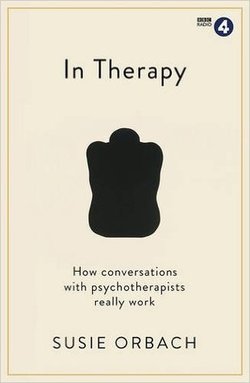 Psychotherapists face a dilemma when it comes to sharing the fruits of their discoveries with a wider public. The technical language, especially regarding psychoanalytic psychotherapy, which practitioners use to communicate between themselves, can be cumbersome, offputting and open to misinterpretation by the uninitiated. Case studies, such as those assembled by Steven Grosz, can be both extremely readable and illuminating, but they do present a problem of confidentiality: even when clients give their consent, some would question whether, within the power dynamics of the relationship, this can ever be freely given yet, the more the details are anonymised, the greater the potential distortion. Susie Orbach is a British psychotherapist, activist and writer who has done much to demystify psychoanalytic thinking (e.g. with several comment pieces in the Guardian, including this recent one on Brexit trauma). Her latest project, on which this short book is based, is a radio series mimicking the experience of the consulting room.
|
entertaining fiction about identity, mental health and social justice
Annecdotal is where real life brushes up against the fictional.
Annecdotist is the blogging persona of Anne Goodwin:
reader, writer, slug-slayer, tramper of moors, recovering psychologist, struggling soprano, author of three fiction books. LATEST POSTS HERE
I don't post to a schedule, but average around ten reviews a month (see here for an alphabetical list), some linked to a weekly flash fiction, plus posts on my WIPs and published books. Your comments are welcome any time any where. Get new posts direct to your inbox ...
or click here …
Popular posts
Categories/Tags
All
Archives
March 2024
BLOGGING COMMUNITIES
|

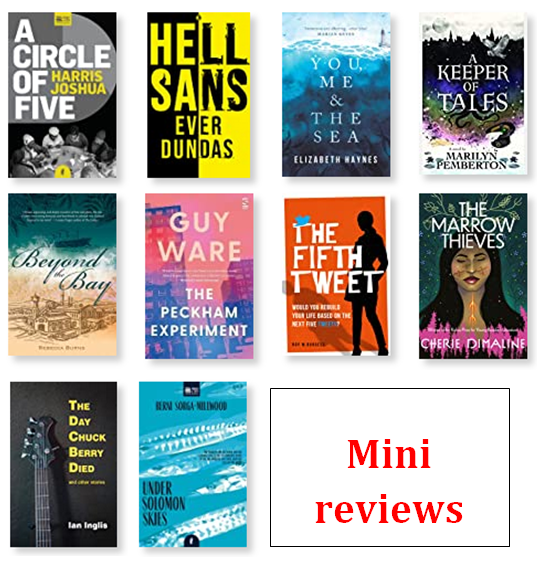
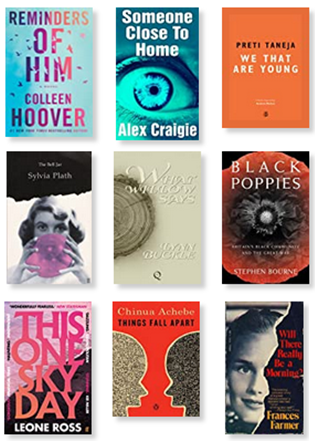
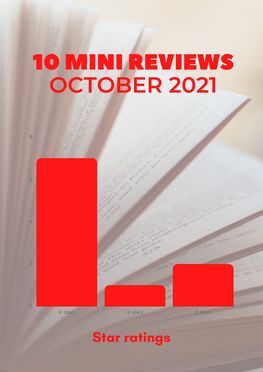
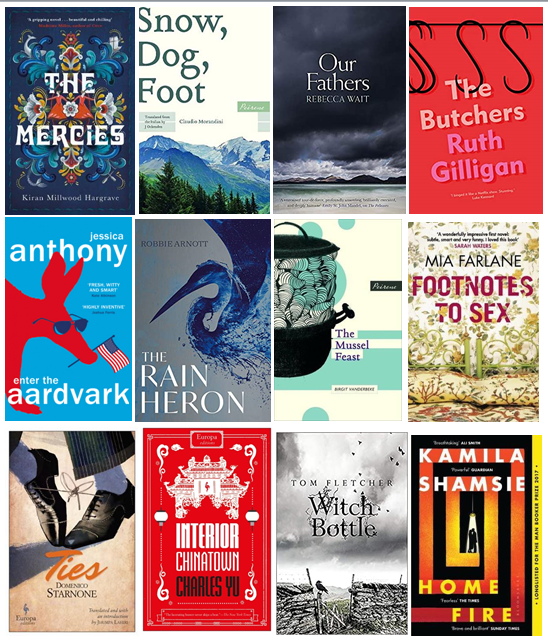
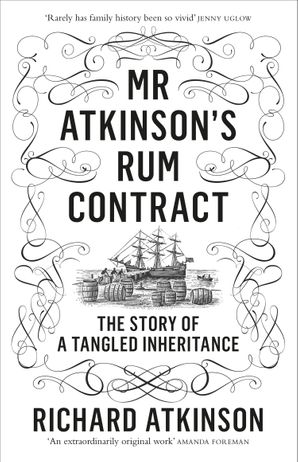
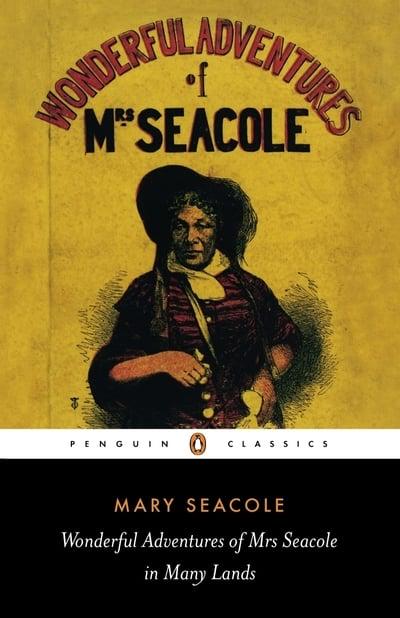
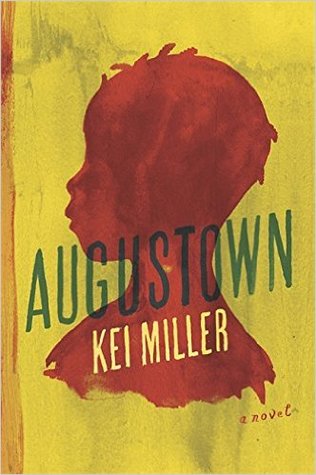
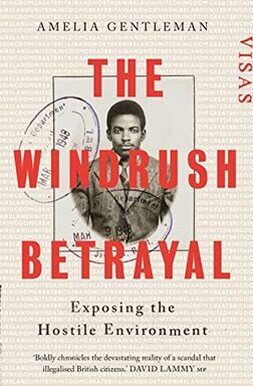
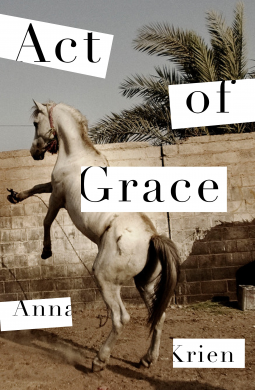
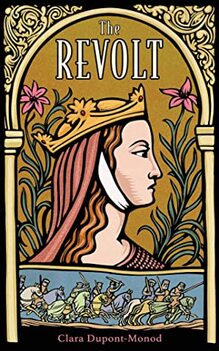
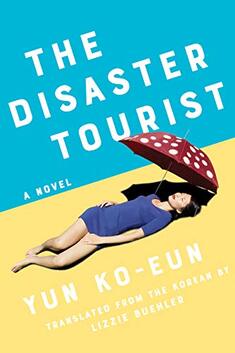
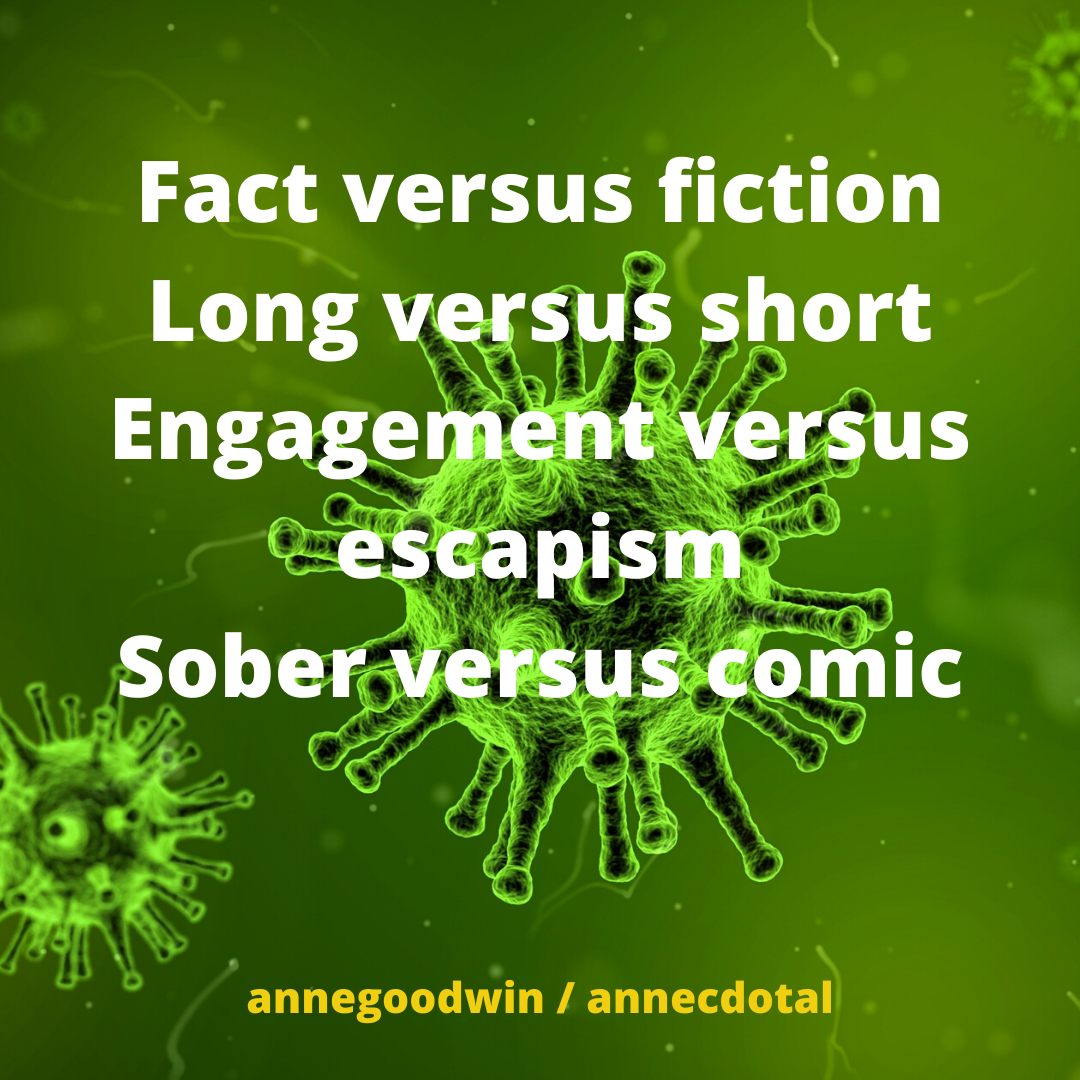
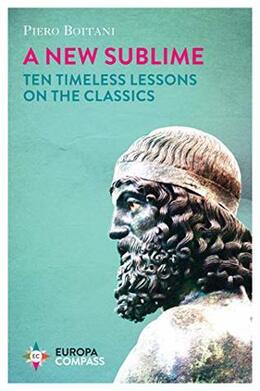
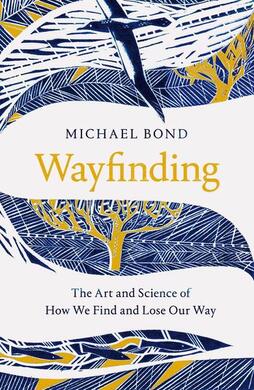
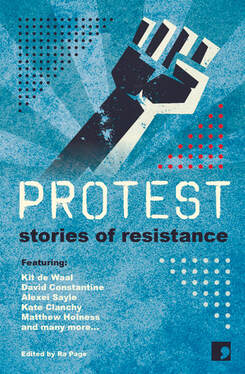
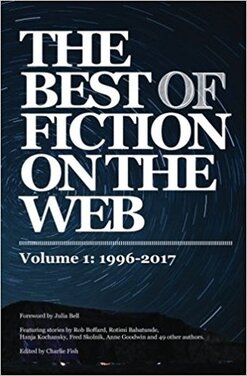
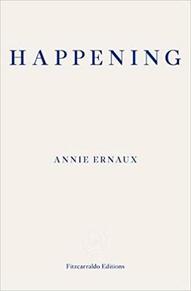
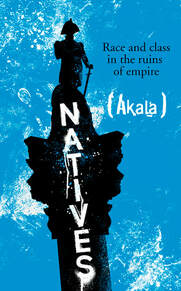
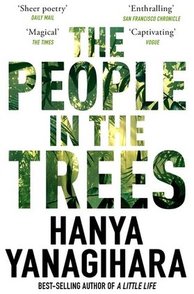
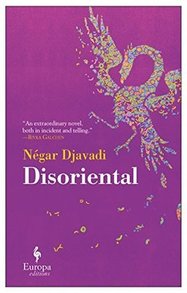
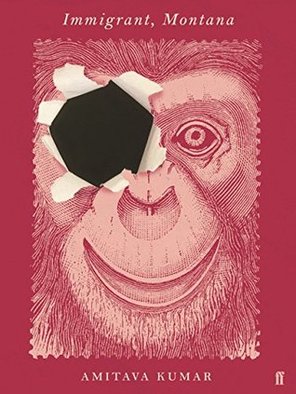
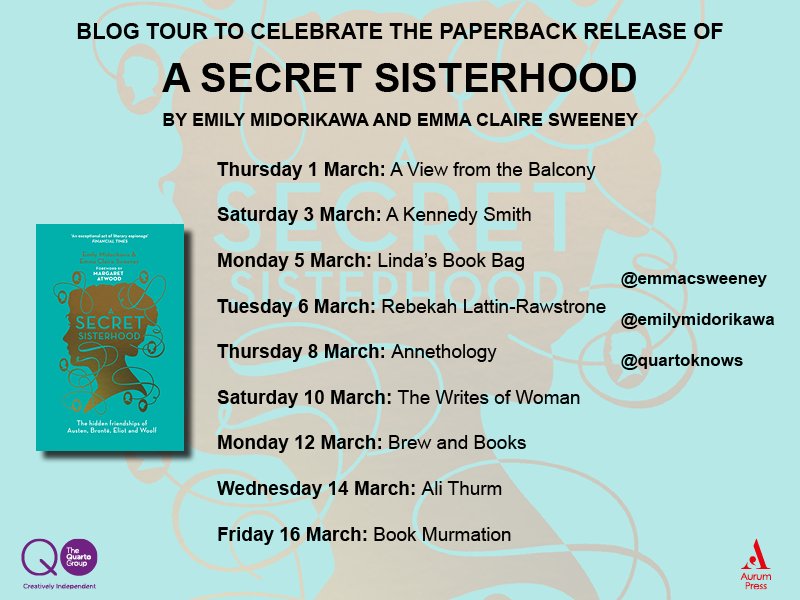
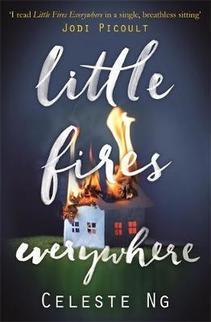
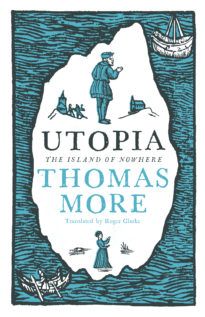

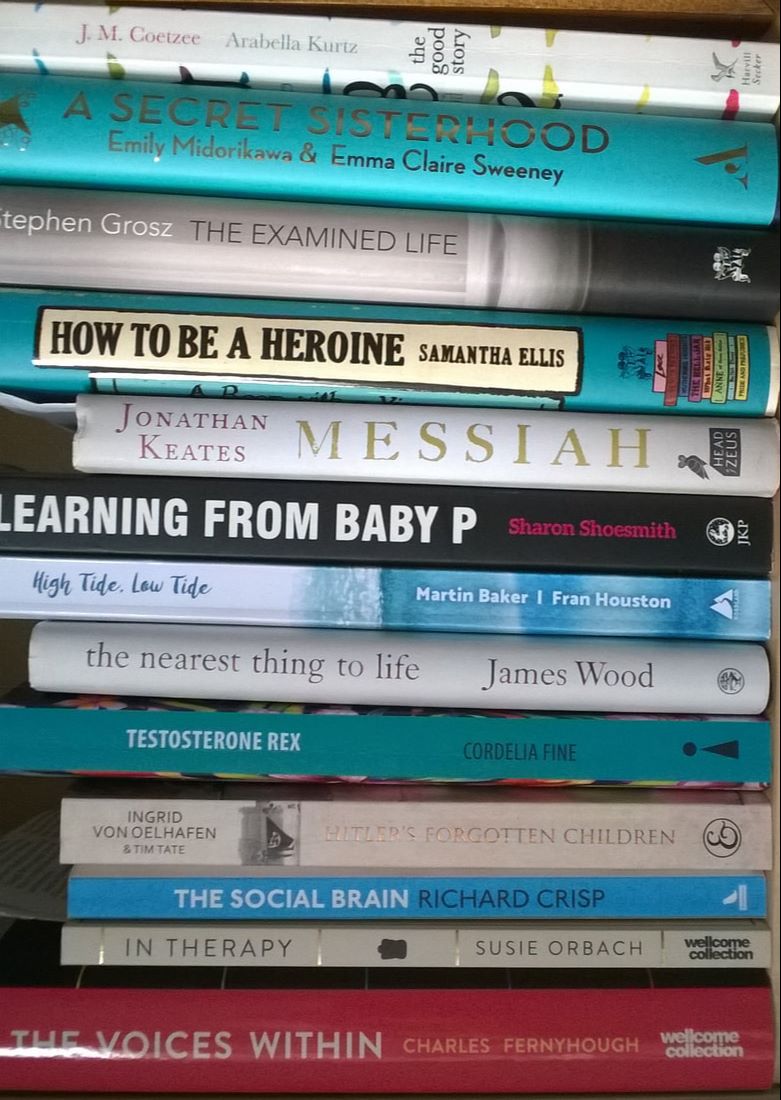
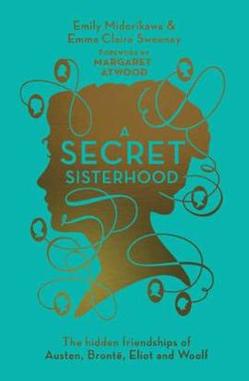

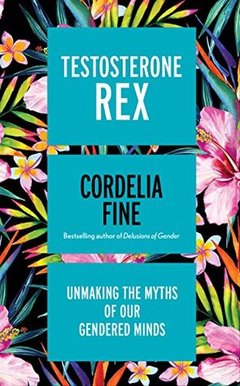
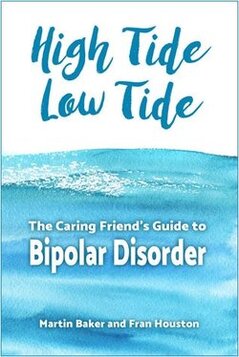
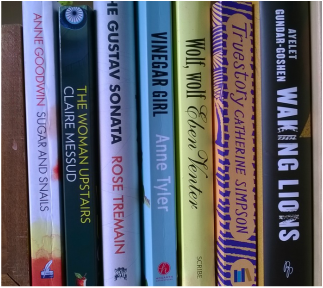
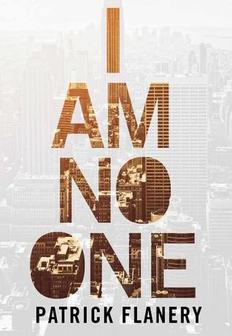





















 RSS Feed
RSS Feed





















